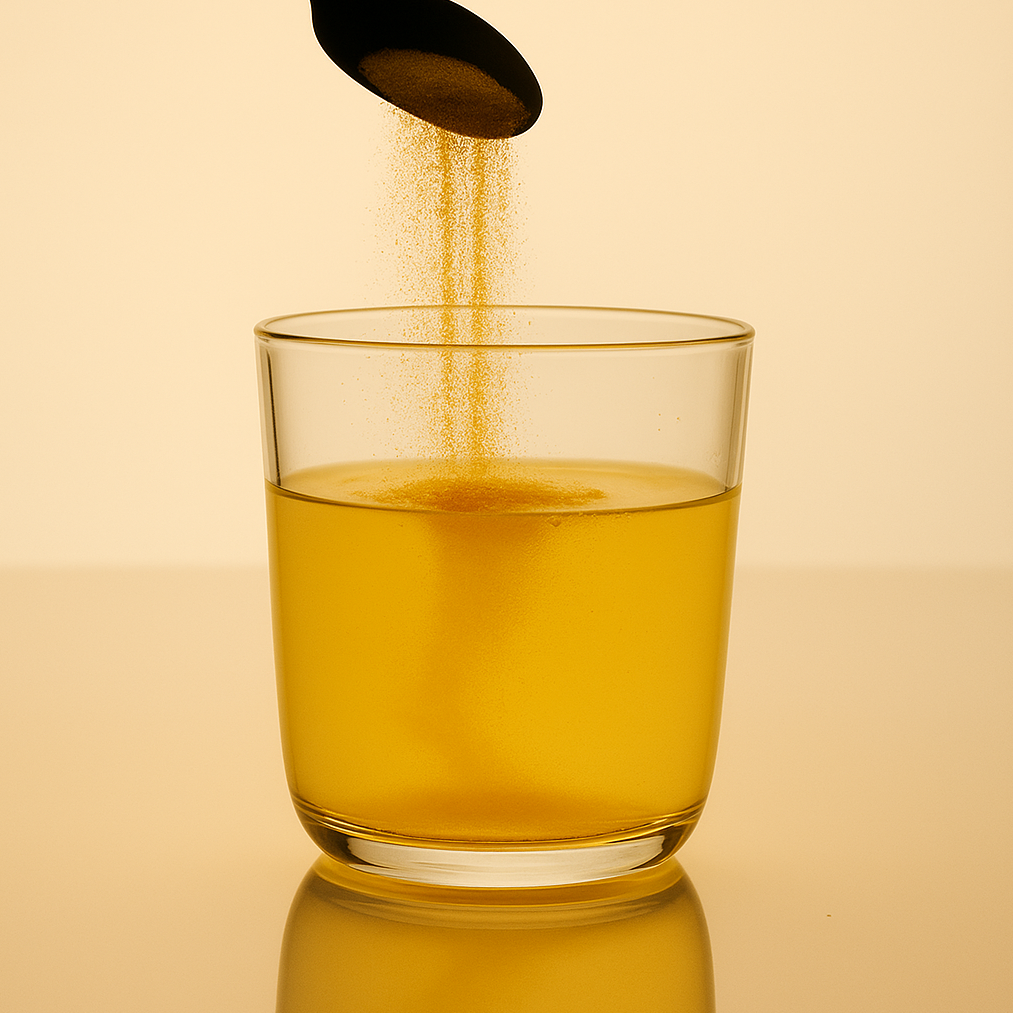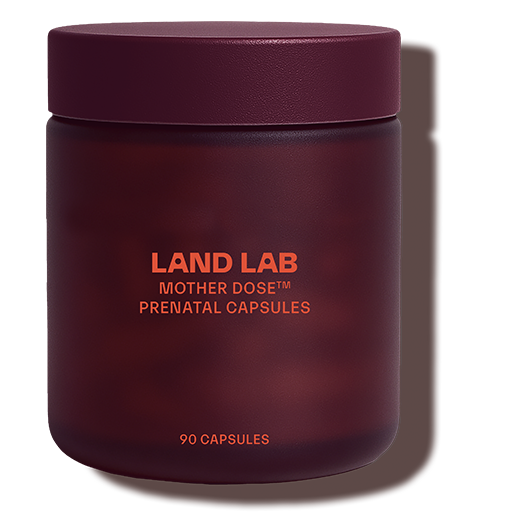Here’s how to get the most out of your Mother Dose™:


01. Timing is personal
Take your Mother Dose™ when your body handles it best:
- If you’re a morning person, take it with breakfast.
- If mornings are rough, shift your dose to the evening, with dinner or a snack (a piece of toast, a cracker, or a spoonful of nut butter).
- If you’re struggling with the capsules, split up the dose, and take 1 capsule in the morning and 2 later on.
- Still no go? Break open the capsules. We’ve designed the formula to mix into yoghurt, juice, or a smoothie. It tastes like Kakadu Plum with a gingery kick and goes down easy.
You don’t need to struggle through, Mother Dose™ was designed for flexible dosing.
02. Optimising for real life
Working long shifts, wrangling toddlers, or doing both?
Then you don’t need rituals, you need simplicity. Capsules when you can, mix it into something you can stomach when you can’t face capsules. You’re still doing it right.
Feeling queasy?
You’re not alone - up to 80% of women experience nausea and vomiting in pregnancy.
- Eat something small every 1–2 hours. Don’t let your stomach get completely empty.
- Try eating small amounts of plain dry foods that you can tolerate, things like crackers, toast, plain pasta
- Try to avoid smells or foods that trigger your nausea and vomiting
- Ginger and vitamin B6 are evidence-backed for reducing nausea. Good news: Mother Dose™ contains both.
- And if your nausea and vomiting is severe and unrelenting, talk to your care provider (your doctor, midwife or pharmacist). There are safe, effective medications available. Your care team is there for you.
Constipation?
Unfortunately, it’s very common and can be very frustrating. But there are ways through it:
- Drink more water (and more again if you're adding fibre).
- Move when you can—gentle walks, stretching, anything you can manage.
- Increase your fibre with whole foods: fruits, veg, whole grains.
Fibre supplements like psyllium can help, but only if you can move around and drink lots of water. Constipation can worsen if there is inadequate fluid intake with fibre supplements. Speak to your care provider before starting these.
Struggling with fluids?
Staying hydrated can be tough, but even small, consistent sips can make a big difference.
- Sip often rather than gulping
- Try cold or frozen options – icy poles, rehydration iceblocks or electrolyte drinks with ice
- For some individuals, salty broths or clear soups can be well tolerated.

03. Support, if and when you need it
There’s no prize for doing this alone. Here are evidence-based, non-judgemental resources to lean on:
- MothertoBaby - Providing evidence-based information about medications and other exposures during pregnancy and breastfeeding.
- Pregnancy, Birth and Baby Hotline - You can call this hotline to speak to a maternal child health nurse for advice and guidance: 1800 882 436
- Centre for Perinatal Excellence - An Australian not-for-profit organisation dedicated to improving the emotional and mental wellbeing of parents before and after birth through evidence-based support, education, and advocacy.
- Perinatal Anxiety & Depression Australia (PANDA) - Supports individuals and families affected by perinatal anxiety and depression, providing a helpline, resources, and advocacy to improve mental health outcomes during pregnancy and early parenthood.
- The Royal Women’s Hospital fact sheets, available in different languages.





